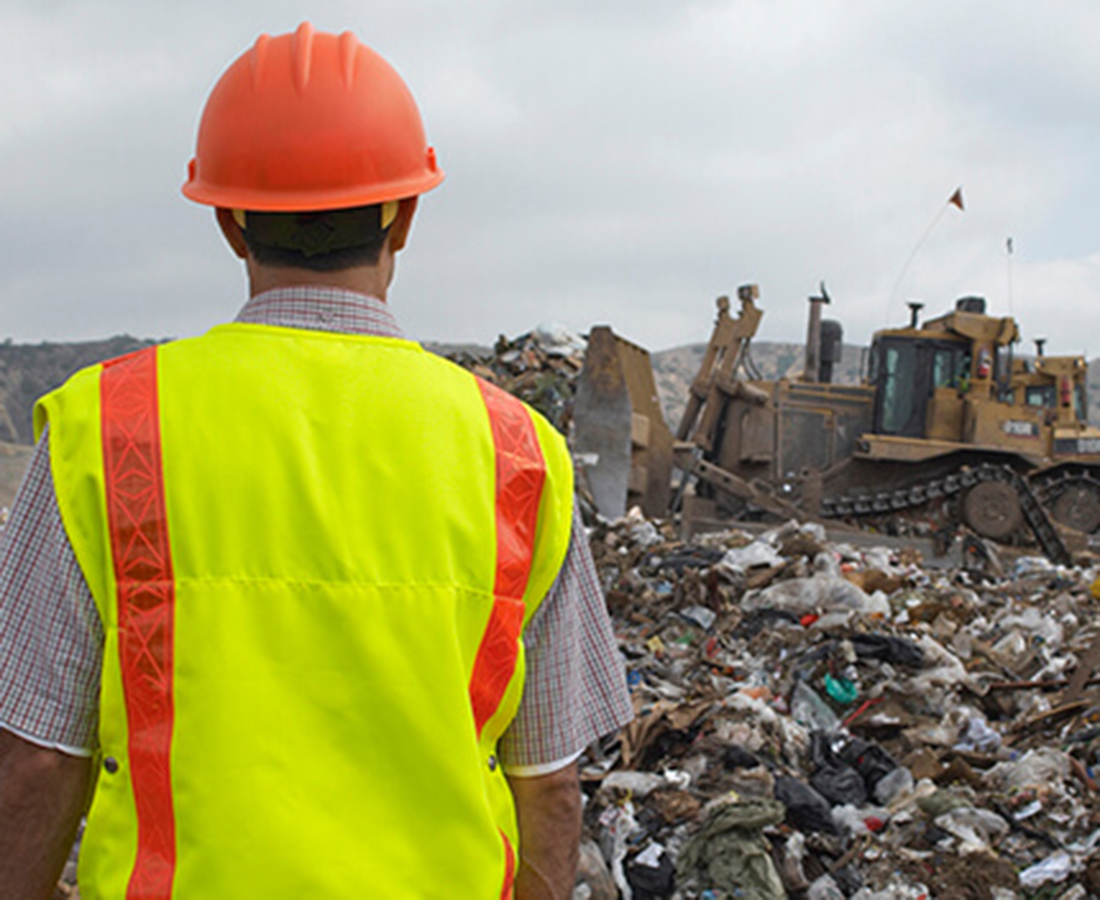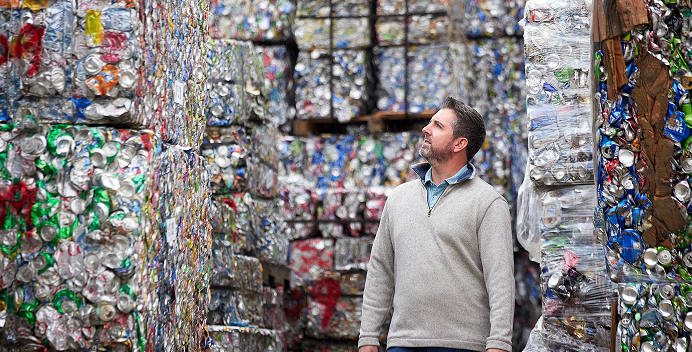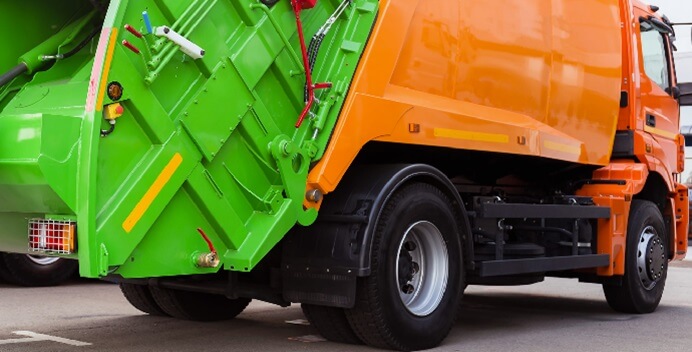Industry Expertise | August 2025
Building business resilience in the face of uncertainty Environmental and waste businesses protect revenue, streamline operations, and position for long-term growth as they face new challenges

Aluminum recycler lays the groundwork for sustainable growth
Client story Aluminum recycler lays the groundwork for sustainable growth
Owl’s Head Alloys is expanding into new markets with help from Truist.
Video
03/28/2025
Aluminum recycler lays the groundwork for sustainable growth
Owl’s Head Alloys leverages Truist’s industry expertise to fuel business expansion and create growth in their employee stock ownership plan.

Waste Companies Fight to Keep on Trucking | Truist
Waste ManagementWaste Companies Fight to Keep on Trucking
With the costs of trucks high and the order backlog long, waste and environmental businesses are pressed to secure the equipment they need to operate.
Article
06/30/2023
Waste Companies Fight to Keep on Trucking | Truist
With the costs of trucks high and the order backlog long, waste and environmental businesses are pressed to secure the equipment they need to operate.

Building a resilient labor force in the waste and recycling industry
Industry expertise Building a resilient labor force in the waste and recycling industry
Learn about the groundbreaking impact that AI can have on the way you do business
Article
07/02/2024
Building a resilient labor force in the waste and recycling industry
Labor scarcity is an ongoing issue for waste and recycling businesses. Strategies designed to attract and retain talent can provide the relief you need.
